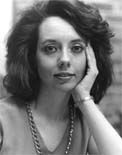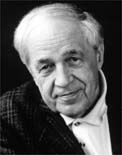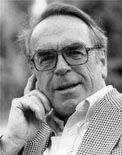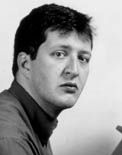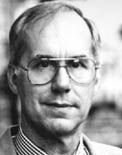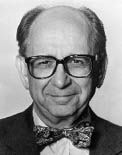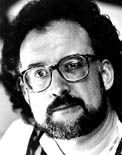2001 – Janine Wedel
A book analyzing the dangers of ill-planned, poorly executed and misdirected foreign aid has won the 2001 University of Louisville Grawemeyer Award for Ideas Improving World Order. Janine Wedel, an anthropologist affiliated with the University of Pittsburgh’s Graduate School of Public and International Affairs who has studied the evolving economic and social order in Eastern […]

